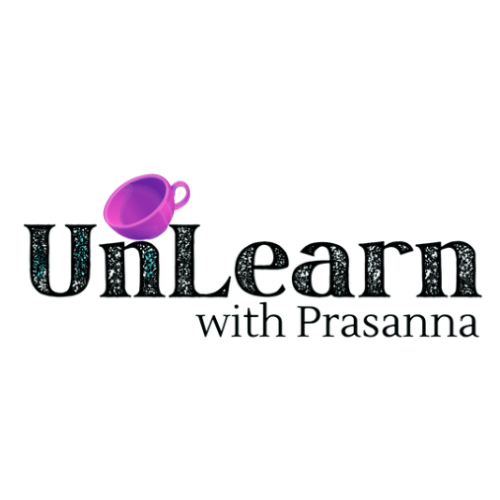Unlocking Potential: The Drive of Curiosity
Curiosity is the wick in the candle of learning." - William Arthur Ward.
Curiosity is a powerful tool for learning and personal growth.
It is the desire to learn and understand new things. It helps us to be more open-minded, creative, and innovative.
Understanding Curiosity
Curiosity is a natural human trait that starts in childhood. As we grow older, our curiosity can diminish due to various factors such as societal expectations, peer pressure, and fear of failure.
However, curiosity is a critical component of lifelong learning and personal growth.
Research suggests that curious individuals are happier, healthier, and more successful in life. They have better relationships, are more tolerant of uncertainty, and are better problem solvers.
Curiosity also helps to improve cognitive function and memory retention.
Benefits of Curiosity
- Improves problem-solving abilities
- Enhances creativity and innovation
- Increases tolerance of uncertainty
- Boosts memory retention and cognitive function
- Improves relationships
Developing Curiosity
1. Ask Questions
Curiosity starts with asking questions. The more questions we ask, the more we learn.
When we ask questions, we seek out new information and perspectives.
This helps to broaden our understanding and knowledge.
Exercise:
Choose a topic that interests you.
Write down ten questions related to that topic.
Research and answer those questions to expand your knowledge.
2. Explore New Things
Exploring new things is a great way to develop curiosity.
Trying new foods, visiting new places, and learning new skills can help to expand our horizons.
When we explore new things, we are exposed to new ideas and experiences.
This helps to broaden our perspective and understanding of the world.
Exercise:
Choose something you have never done before.
It could be a new hobby, trying new food, or visiting a new place.
Write down your experience and reflect on what you learned.
3. Embrace Uncertainty
Curiosity requires embracing uncertainty and being open to new experiences.
Being comfortable with not knowing everything and being willing to take risks is essential.
Embracing uncertainty allows us to explore new ideas and perspectives.
Exercise:
Choose a topic you know very little about.
Research and learn as much as you can about that topic.
Embrace the uncertainty of not knowing everything.
4. Be Mindful
Mindfulness is the practice of being present and fully engaged in the moment.
It helps to develop curiosity by allowing us to pay attention to new experiences and ideas.
When we are mindful, we are more open to new information and perspectives.
Exercise:
Choose a daily activity, such as brushing your teeth or showering.
Practice mindfulness during that activity. Focus on the sensations, smells, and sounds associated with the activity.
Curiosity is a critical component of personal growth and lifelong learning.
By asking questions, exploring new things, embracing uncertainty, and practicing mindfulness, we can develop our curiosity and improve our lives.

Member discussion